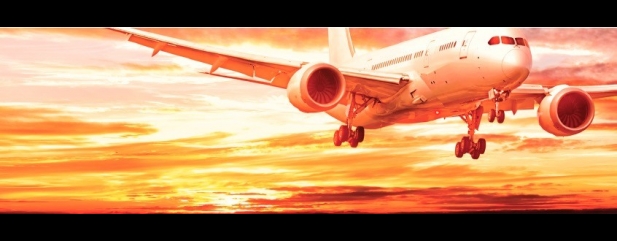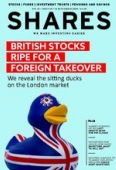Archived article
Please note that tax, investment, pension and ISA rules can change and the information and any views contained in this article may now be inaccurate.
European airline sector is not grounded, says broker

British Airways reached 100 years old at the end of last month, but its centenary celebrations haven’t exactly gone to plan.
A two-day pilots’ strike this week, combined with stranded passengers and recent IT failures, as well as a data breach, has whacked the airline’s reputation.
Shares in its owner International Consolidated Airlines (IAG) fell over 2% to 417p as the strike started, and with its crown jewel British Airways hit by multiple issues its shares are a long way down on the 700p mark they stood at in summer last year.
Ryanair (RYA) has also been subject to pilot strikes and its share price has almost halved in the last two years.
EasyJet (EZJ), as well as European giants Lufthansa and Air France KLM, has also struggled as the airline sector in general faces several headwinds.
Both short-haul carriers like Ryanair and EasyJet and full service ones like British Airways have struggled in the past few years, as price wars, rising fuel costs, industrial action from crews and an increasing number of Brits ‘staycationing’ over Brexit uncertainty all take their toll on airlines.
But analysts at Irish stockbroker Davy say that, while it may not feel like it, ‘structural underpinnings’ of the European airline sector continue to improve.
They argue that for the five aforementioned airlines, and Wizz Air (WIZZ), the strength of their brands mean the majority of them should continue to grow their earnings and operating margins.
That’s even the case for British Airways, despite a report by reputation management company Alva placing it 55th out of 65 airlines in terms of reputation.
According to Davy, International Consolidated Airlines has a portfolio of airline brands better prepared for any downturn and is ‘well positioned for sustainable returns and far more resilient’ than before the last global recession in 2008, with its return on invested capital around 15%.
‘Even a global financial crisis scenario, assuming a lower fuel price and corrective actions (as in the year post Lehman), would see the dividend being maintained,’ it adds.
As for Ryanair, despite its share price decline Davy calls it the industry’s ‘structural winner’, thanks to it having one of the ‘best balance sheets in the industry’, as well as the lowest cost base and best structures put in place.
Analysts at the stockbroker also believe EasyJet could become a takeover target, given the consolidation happening in the sector and the lack of opportunities the airline has to grow in the near-term.
Important information:
These articles are provided by Shares magazine which is published by AJ Bell Media, a part of AJ Bell. Shares is not written by AJ Bell.
Shares is provided for your general information and use and is not a personal recommendation to invest. It is not intended to be relied upon by you in making or not making any investment decisions. The investments referred to in these articles will not be suitable for all investors. If in doubt please seek appropriate independent financial advice.
Investors acting on the information in these articles do so at their own risk and AJ Bell Media and its staff do not accept liability for losses suffered by investors as a result of their investment decisions.

 magazine
magazine








